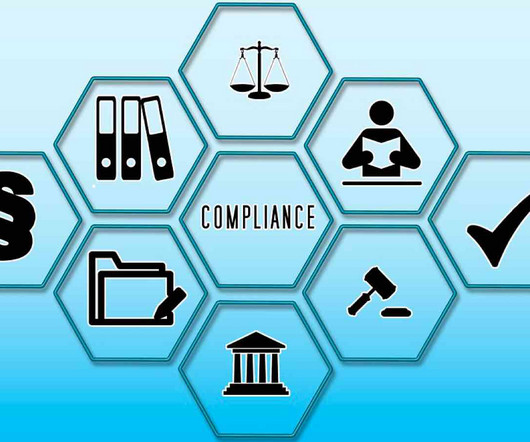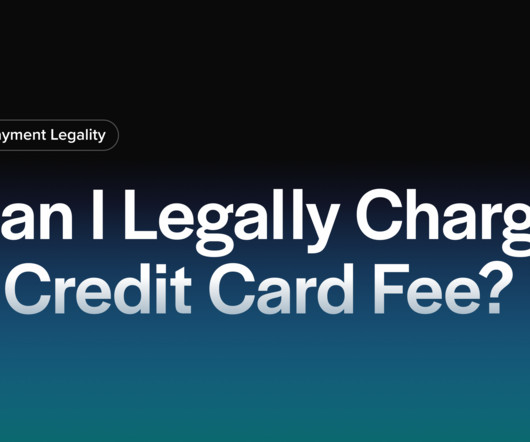Automating Chargeback Management: First Steps & Best Practices
Fi911
JULY 11, 2025
Templates incorporate best practices and winning arguments, updated based on card network rule changes and success rates. Best Practices for Success So, what can you do to improve your overall odds of success here?












Let's personalize your content